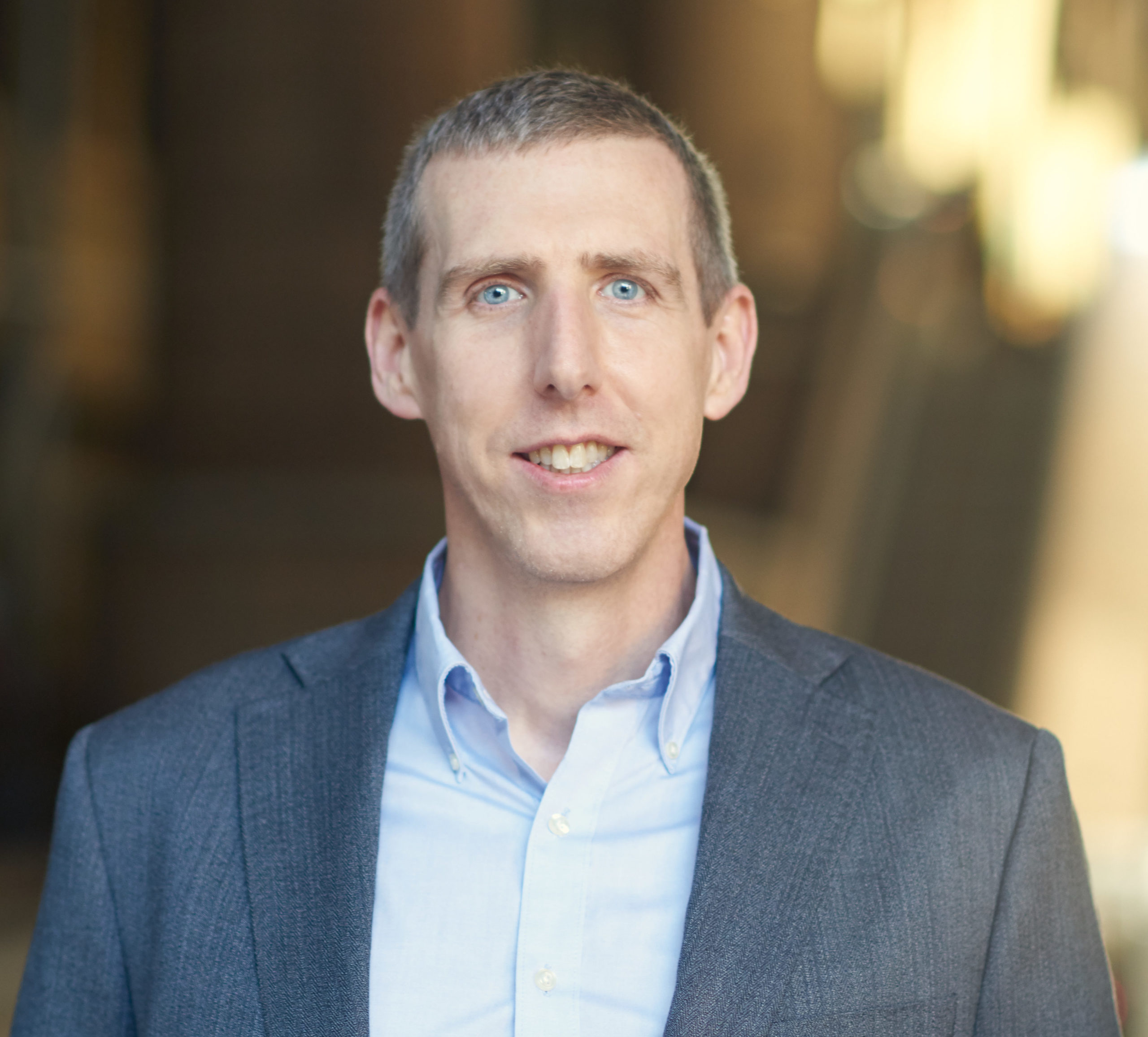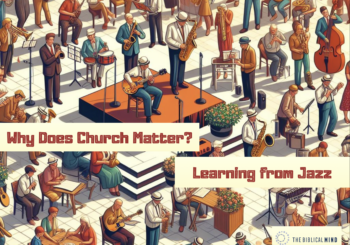How ‘Christianese’ Is Like Corporate Jargon (Valerie Hobbs)
Why do we say “come to Jesus”? This Christianese phrase doesn’t just show up in church—it shows up in offices, homes, and schools around America, where we speak of “come-to-Jesus moments.” What about words like “community” or “intentional”? Do we even know what those words mean? Unless we attend to our words and try to express our thoughts more carefully, our religious language can end up thin, impotent, and laden with clichés.
In this episode, Dru Johnson talks to Dr. Valerie Hobbs, a Senior Lecturer and linguist at the University of Sheffield. Dr. Hobbs specializes in the construction, use, and progression of religious language in contemporary discourse. They discuss the definitions and origins of religious language and Christianese, and how they can be distinguished from simple “in-group” or technical language. Then, they consider how our most powerful (or just persistent) ideas about death, God, and spirituality find their way out of the church and into corporate discourse, or vice-versa. They conclude with remarks on how to think about prayer, apologizing, and even the idea of racial reconciliation, to help us choose better words and think more deeply.
Show notes:
- 0:00 Defining “religious language” and “Christianese”
- 2:18 How religious language is constructed
- 4:26 The difference with in-group language
- 6:37 Religious language in the secular world
- 9:27 Corporate discourse and our values
- 13:25 Where we get our Christianese clichés
- 19:09 Learning how to express our experiences
- 23:43 Becoming sensitive to the way we speak
- 26:47 Apologizing
- 29:30 The problem with terms like “racial reconciliation”
Learn more about Valerie Hobbs and her work.
Her most recent book, An Introduction to Religious Language
Show notes by Micah Long.
Did you enjoy this podcast episode? Check out articles from The Biblical Mind.
Credits for the music TBM podcast: hebraicthought.org/credits.






